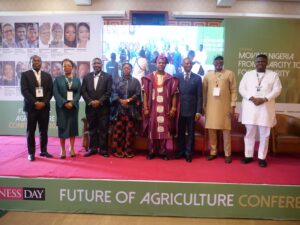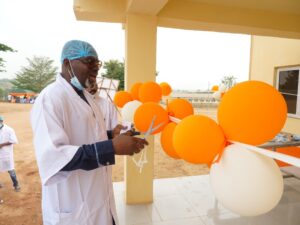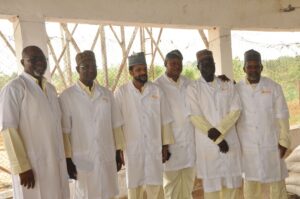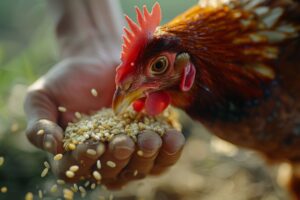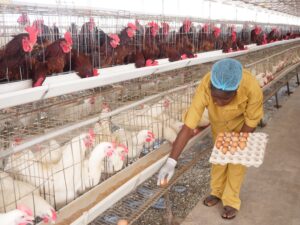Agriculture has always been the backbone of the Nigerian economy, providing food for the people and raw materials for industry. In recent years, the sector has faced some challenges, but it still has the potential to play a major role in the country’s economic growth and development.
Here are some of the ways in which agriculture can help the Nigerian economy:
- Increase food production: Nigeria is a major food importer, spending billions of dollars each year on food imports. By increasing food production, agriculture can help to reduce the country’s reliance on imports and save foreign exchange.
- Create jobs: Agriculture is a labor-intensive sector, and it can create millions of jobs for the country’s growing population. In addition, agriculture can help to boost rural incomes and reduce poverty.
- Generate revenue: Agriculture can generate billions of dollars in revenue for the government through taxes and export earnings. This revenue can be used to fund important projects, such as infrastructure development and education.
- Promote economic diversification: Agriculture can help to diversify the Nigerian economy, which is currently heavily reliant on oil. This diversification will make the economy more resilient to shocks and help to reduce poverty.
There are several things that the government can do to boost the agricultural sector, such as:
- Invest in agricultural research and development: This will help to develop new and improved crop varieties and farming practices.
- Provide subsidies and other financial assistance to farmers: This will help to reduce the cost of inputs and make farming more profitable.
- Improve infrastructure, such as roads and storage facilities: This will make it easier for farmers to get their products to market.
- Create a favorable investment climate for agribusiness: This will attract investment in the agricultural sector and help to create jobs.
By taking these steps, the government can help to unleash the potential of agriculture to boost the Nigerian economy and improve the lives of its people.


